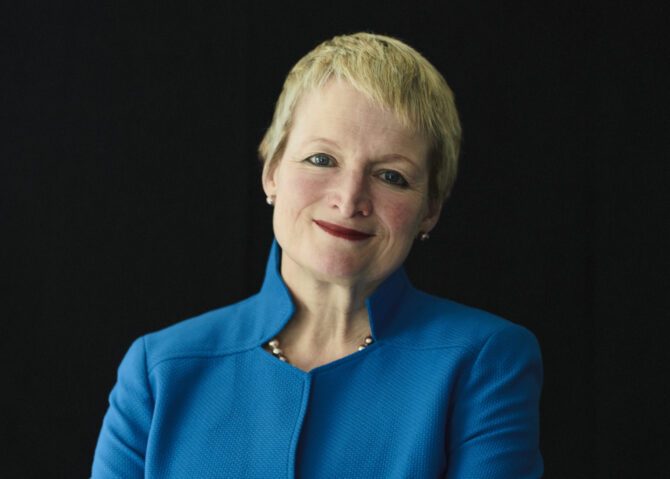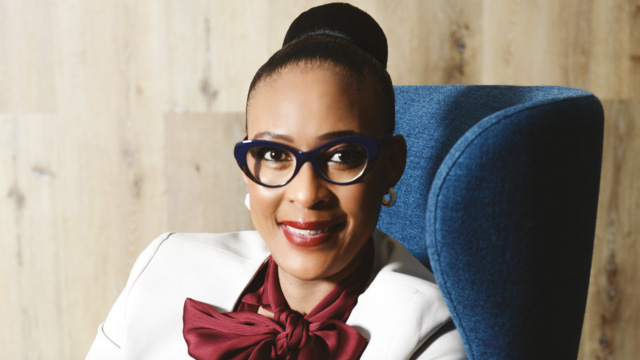With Earth’s systems under unprecedented strain, marketers have a key role to play in transforming consumer behavior.
All corporate functions need to evolve to incorporate the challenges of environmental and social transition into their practices – and marketing is no exception. Positioned at the interface of supply and demand, marketing bears some responsibility for encouraging unsustainable production and consumption patterns. Therefore, it must transform itself and become part of the solution. This involves rethinking the innovation process and facilitating consumers’ adoption of more sustainable modes of consumption, guided by the company’s mission-purpose and adherence to sustainable practices.
The scale and urgency of the challenge is plain. Human activities, principally through emissions of greenhouse gases, have unequivocally caused global warming. Six of the nine planetary boundaries – the processes that regulate the stability and resilience of the Earth – have been exceeded, including biosphere integrity, land system change and freshwater change. To advance environmental and social transition, a profound and rapid transformation of our patterns of production, consumption and ways of life is imperative. The challenge of making marketing truly sustainable and aligned with planetary boundaries is complex, particularly in transposing global indicators to the scale of an organization and, more specifically, its marketing practices.
Anchored in strategy
In the first place, sustainable marketing needs to be anchored in the company’s strategy, with its mission – incorporating environmental and social issues within its sector – serving as a pillar. For example, the purpose of eyewear company VisionSpring is to “make the wonder of clear vision possible for everyone.”
Expanding beyond the confines of the company, marketing needs to reconsider the beneficiaries of the value created, at three levels: value for the company, value for the consumer, and ‘extended value’ – that is, environmental and social value. From a sustainable marketing perspective, extended value should become the priority. Marketers assume a pivotal role through two interconnected and complementary approaches: developing more sustainable offers and supporting consumers in their adoption of sustainable practices. No sustainable marketing is possible without a radical shift in the available offerings. Innovating differently requires addressing several questions.
Are innovation projects compatible with planetary boundaries and the “social floor” represented in the Doughnut? (The Doughnut model, developed by UK economist Kate Raworth, combines the planetary boundaries with social considerations.) Brands may need to renounce certain offerings, whatever their profitability. For example, Mustela has announced that it will stop selling baby wipes in 2027; these products account for 20% of the child skincare company’s sales.
Do innovations seek to address an environmental or social problem, placing extended value at the heart of the process? Or do they, at the very least, have societal utility? For example, all the innovations developed by the start-up Phenix are dedicated to fighting food waste. An associated question is: has an eco-innovation methodology been used in the innovation process?
Supporting consumers
Another priority involves supporting consumers in adopting sustainable practices and, more broadly, promoting the necessary lifestyle changes.
First, marketing must play an essential role in making more sustainable options desirable, whether it’s promoting the concept of use versus ownership, advocating for second-hand over new, or endorsing eco-responsible solutions. For example, Eurêcook, a service of French consortium the Seb Group, offers short-term rentals of a wide range of cooking appliances. It promotes access to the products, as well as the conviviality benefit related to cooking.
In shops, choice editing techniques can help prioritize more sustainable alternatives by removing non-sustainable products and including eco-friendly ones. For example, Whole Foods, whose motto is to “nourish people and the planet,” has prohibited 230 preservatives, flavors, colors, sweeteners and other ingredients in the food they sell.
Second, beyond the purchasing process, marketers must also extend their responsibility to promote the proper use of products and services alongside after-sale product care, thus helping to extend products’ lifetime and limit the deleterious effects associated with their use. This may involve increasing consumers’ skills. For example, the fashion brand Sezane organizes workshops in their stores to (re)educate consumers in how to repair their clothes and make them last longer.
Third, marketing must also contribute to the creation and dissemination of desirable narratives and images that align with planetary boundaries and address social challenges. Promoting simpler lifestyles and more sustainable practices can become a new social norm and contribute to reshaped lifestyles that benefit the planet. This is embodied in Back Market’s communication campaign “New is old,” which aims to deconstruct the idea that newer is necessarily better, and makes refurbished technology products more desirable.
A force for good
Marketing cannot become a force for good without rethinking the role of companies and brands in society. Marketing must carefully consider the scale of the challenges related to sustainability, and all components of the marketing mix must evolve, through a re-evaluation of price, place and promotion, with products positioned at the core of the transformation.
Ultimately, marketing has the power to guide consumers towards more eco-friendly practices by disseminating narratives and images more in line with our planet’s boundaries. It must use it wisely.
Adeline Ochs is professor of marketing at Audencia. Sihem Dekhili is professor of marketing at ESSCA School of Management – BETA CNRS. Aurélie Merle is professor of marketing at Jean Monnet University, IAE Saint-Etienne School of Management, Coactis. They are the authors of Marketing durable (Pearson, 2021).



